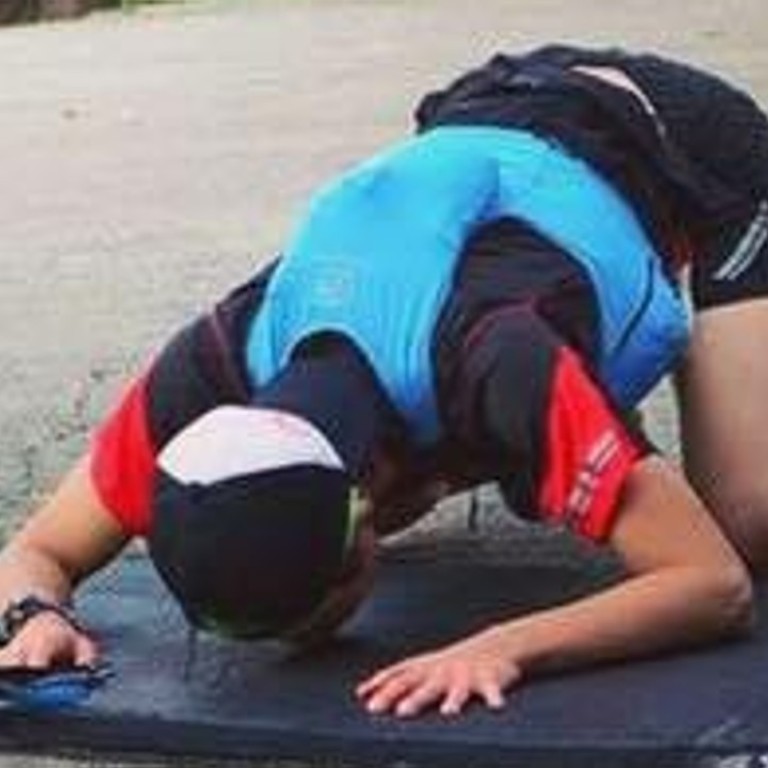
‘You can overcome any obstacle’ – young runner sends message of hope to suicidal teens with Four Trails Ultra Challenge
Tony Tong Hei-chun hopes to set an example to troubled teenagers by running Hong Kong’s hardest race unsupported
Youth suicide rates increased in Hong Kong between 2005-16, and Tony Tong Hei-chun thinks it is because of academic pressure and unresolved family issues.
Tong, 19, wants to show those considering taking their life that no obstacle is insurmountable.
Tong is running in the Hong Kong Four Trails Ultra Challenge (HK4TUC) in February – a gruelling 298-kilometre non-stop event featuring Hong Kong’s major trails.
The unsupported runners are deemed to be a ‘finisher’ if they complete the MacLehose Trail, Wilson Trail, Hong Kong Trail and Lantau Trail in under 60 hours, and are called ‘survivors’ if they reach the end in under 75 hours.
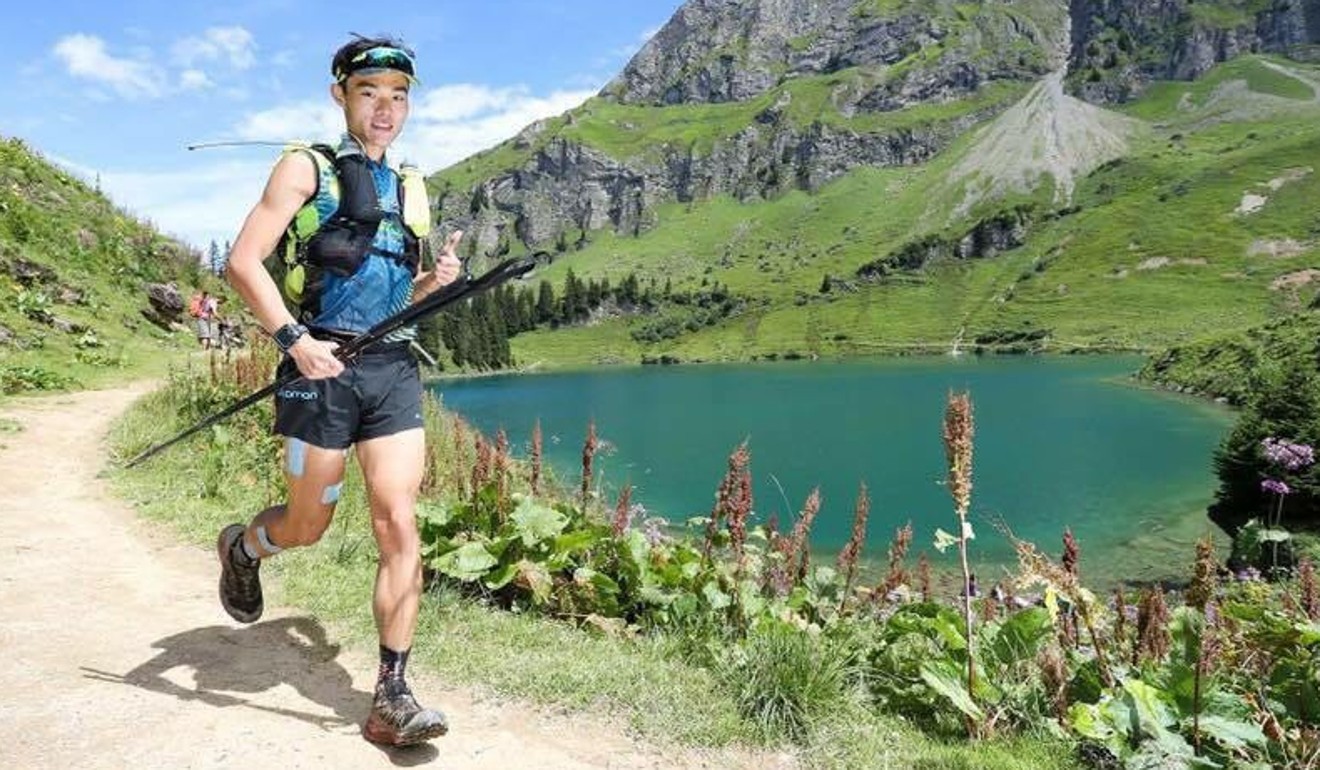
“They [suicidal teenagers] want to die. They can’t pursue their dreams,” Tong said. “I want to use my actions by taking part on this event to share the message that life is precious and if there are obstacles, you can overcome them.”
Suicide rates increased by almost 2 per cent per 100,000 from 2005 and 2016 for people aged 15 to 24.
Tong is different from many of his peers. He hates video games – they make him feel sick – and has a philosophical approach to life.
“We have various educations from all of society, from kindergarten, school, university, careers and your family,” he said.
“It’s like a model, or a path, you should follow. But when I trail run I think differently. I stand on Lion Rock and look back over the city. I can see what I really want.”
And what he wants is to measure his life in experiences, not in age or careers. Tong is using trail running as a tool to release emotions and travel the world. He has raced in Switzerland and Bulgaria already.
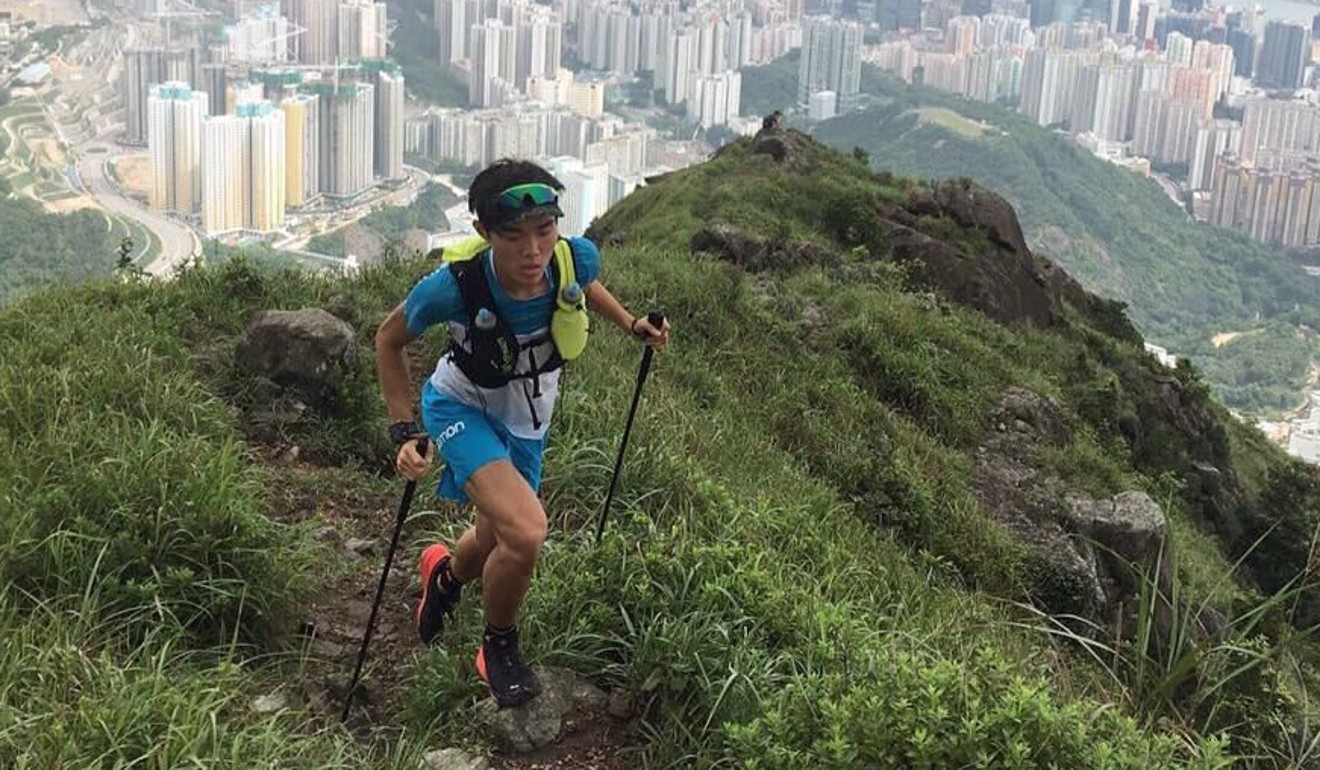
But even racing itself he finds problematic.
“There is a clash between my belief and racing,” he said. “When you run on the trail you feel relaxed, but when you are racing you feel competitive and pressured. They do not match.”
Despite trail running since the age of 16, Tong only started racing last year. He focuses hard on remembering why he runs, and not on the outcome of the race.
Tong hopes the HK4TUC will be a platform to remind others why they race.
He said trail running should not be about International Trail Running Association points, victories or times, and he believes the HK4TUC is aligned with his philosophy.
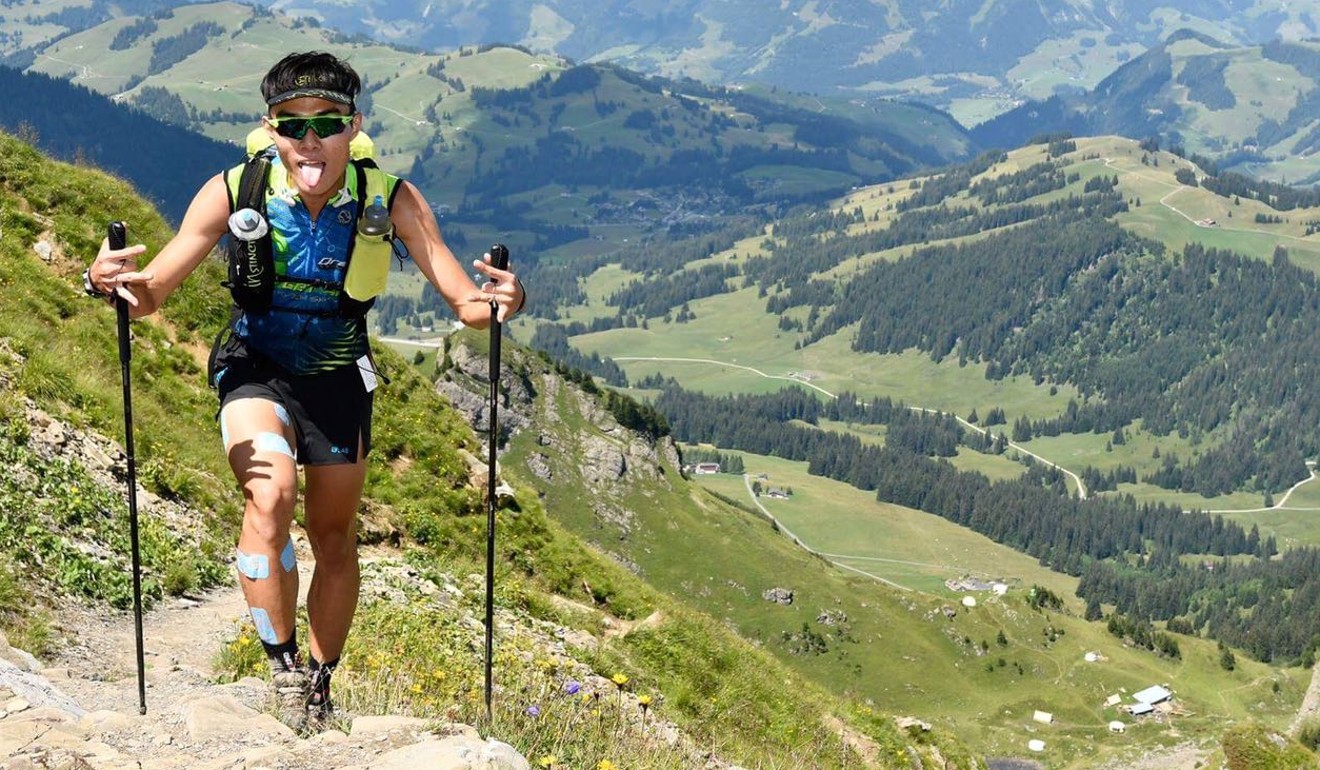
Organiser Andre Blumberg often rejects elite athletes and admits less accomplished runners on account of their motivation. He requires runners to submit an essay explaining why they wish to subject themselves to 298km of non-stop running.
Tong said: “If you want to challenge yourself, physically and mentally, it’s not enough. You need to have motivation from why you started.”
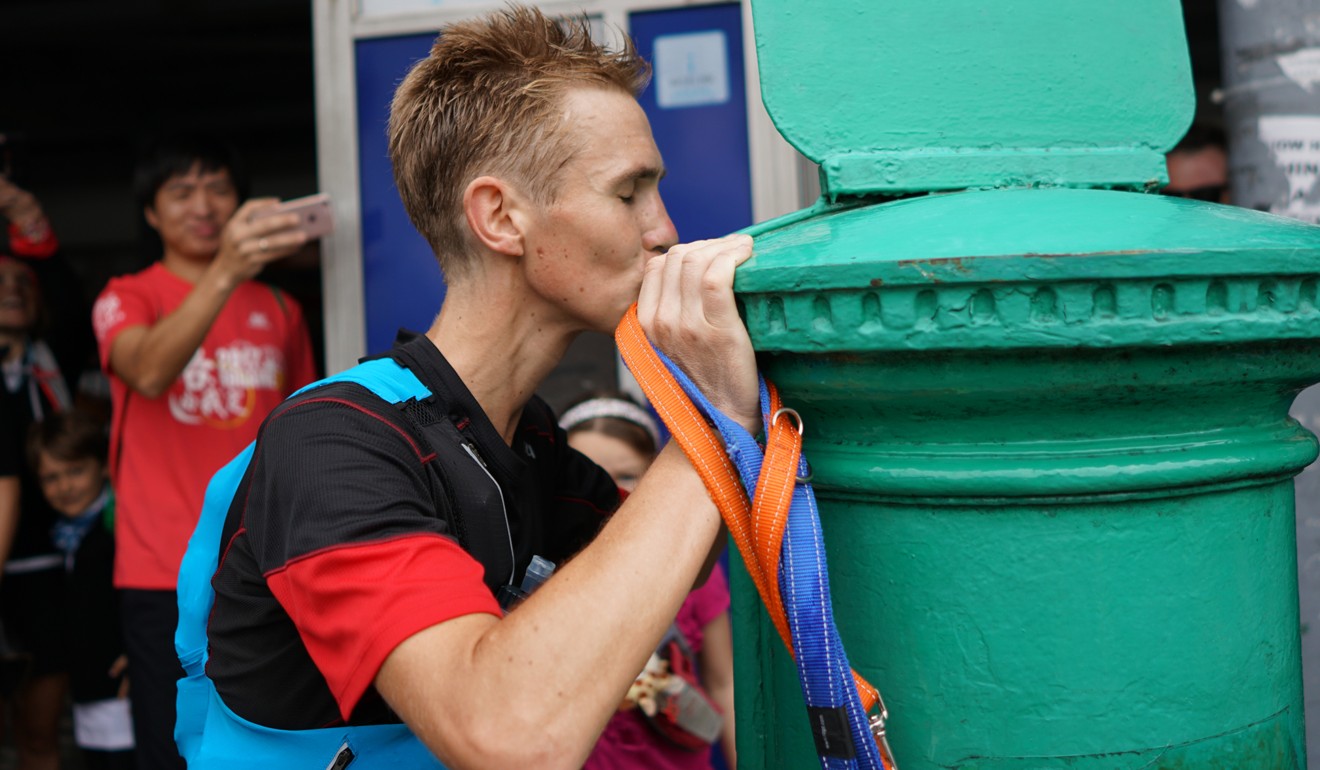
Tong was a scout for many years, and enjoyed hiking. But when he was 16, he fell out with a close friend.
She called him at midnight and his life changed.
As soon as she hung up, he took off from his home in Tsz Wan Shan and ran 42km to Sharp Peak – a place of special significance to the pair.
“I remember that I arrived at the peak around 6am, and the sun rose,” he said. “I felt relaxed. After that day, I found that trail running is a good method to release emotion and stress and I was fascinated by it.”
If you or someone you know suffers from suicidal thoughts you can contact The Samaritans on their 24-hour, multilingual, hotline (2896 0000).

